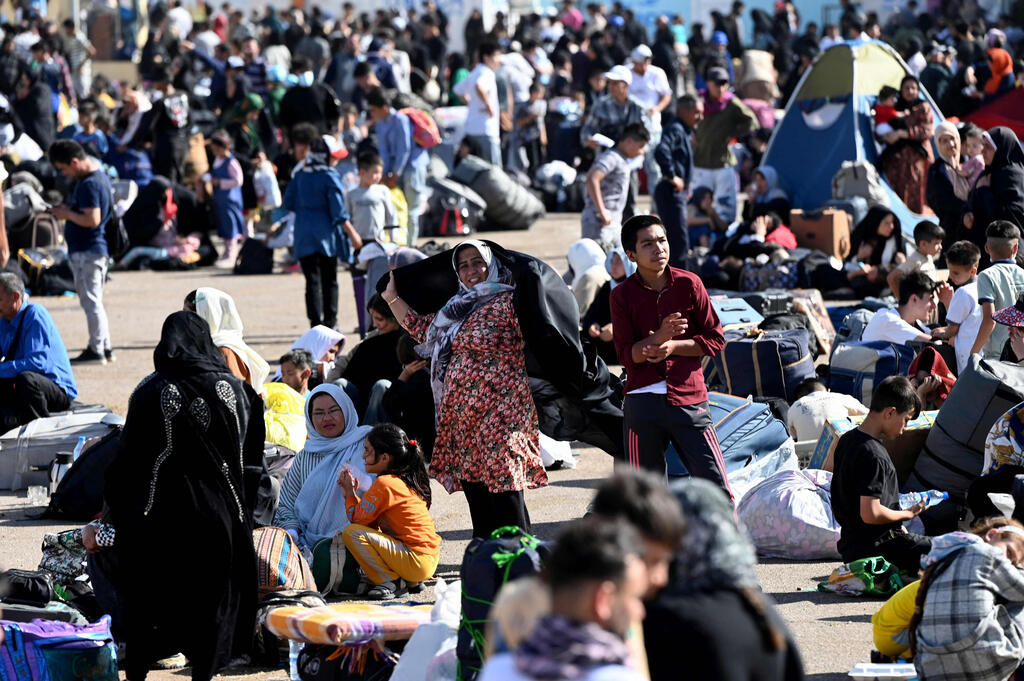Kabul.
At the border, Taliban fighters greeted the returnees with slogans of reassurance. “Come back and live in peace,” they said. Yet fear lingers. Shadmani, like many Afghan women and girls, is terrified of life under Taliban rule, which has walked back its promises on women’s rights. Since retaking power in 2021, the group has imposed sweeping restrictions on education, employment, and freedom of movement for women. “I love studying. I wanted to continue—but in Afghanistan, I don’t think I can,” she said, adding that even in Iran, some universities refused to accept her.
Yadulallah Alizadeh, another deportee, told AFP he had worked odd jobs in Iran until police arrested him at a construction site. He was taken to a detention center and then expelled, leaving his family behind. He now sleeps on a piece of cardboard near the border, waiting. “My three kids are still there. They’re all sick and have no way to contact me.” He hopes to return to home province of Daykundi, located in central Afghanistan, but job prospects are grim in a country plagued by poverty and unemployment.
Just two days ago, Taliban Deputy Prime Minister Abdul Salam Hanafi toured the Islam Qala crossing, walking among deportees with armed guards. He promised that no one’s rights would be violated and pledged that any property left behind or seized in Iran would be returned. Despite the collapse Afghanistan faces, Taliban leaders continue urging refugees to come home. “No one will harm you,” said Prime Minister Muhammad Hasan Akhund earlier this month. “Return to your ancestral land and live in peace.”




